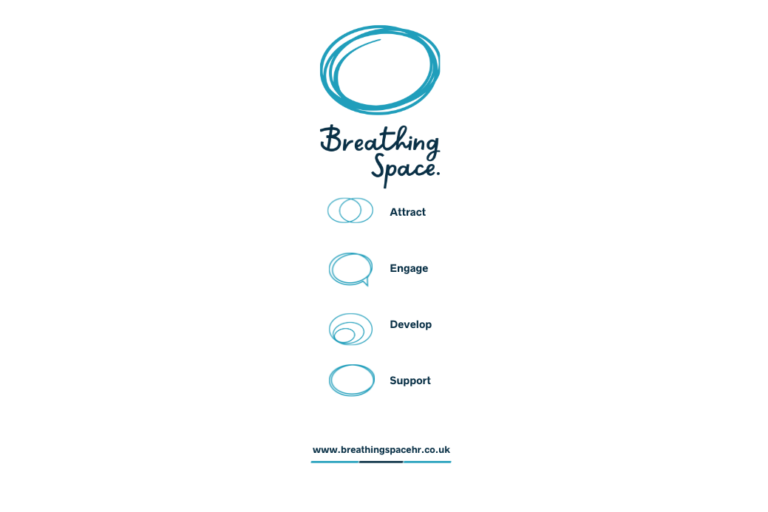
Employee Experience: Moments that Matter

13
Mar
by Suzie
Business Owner & Senior HRBP
In This Category
Other Categories
- Breathing Space HR
- Management
- Employment Law
- People Management
- HR
- Employee Engagement
- Leadership
- Employee Wellbeing
- Mental Health
- Managing Performance
- Suzie Says...
- Employee Development
- Community Engagment
- Diversity & Inclusion
- Uncategorised
- Return to Work
- Redundancy
- Employee Experience
- Family Leave
- Absence